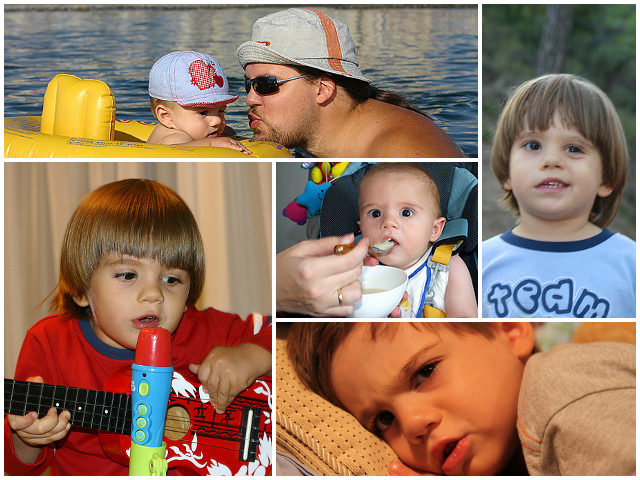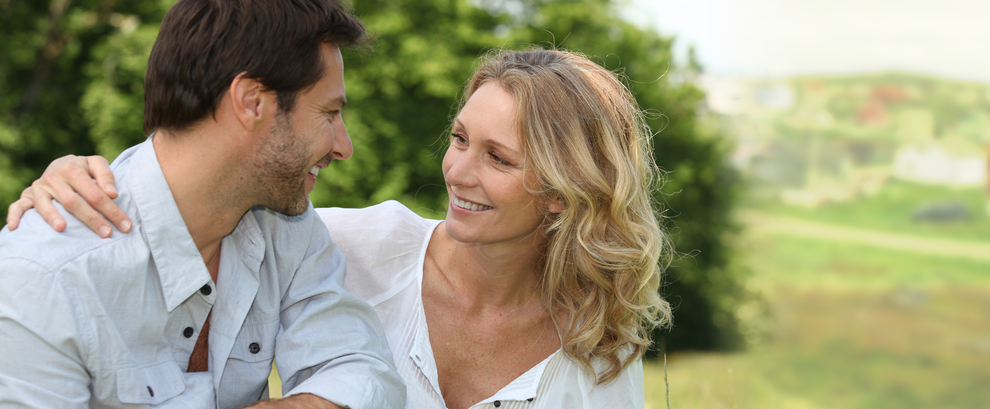
Why we choose to be a Victor, Visitor or Victim
In previous articles we took a closer look at the basic features of the three typologies of human behaviour, namely: Victor, Visitor or Victim. However, a small secret has remained unrevealed – Why we choose to be a Victor, Visitor or Victim. I guess you are asking yourself why, despite willing to be Victors, we more and more often see ourselves as Visitors, and even worse for our ego – Victims. Where and how does our view of life transform? The answer, as usual, is short and very simple – within ourselves, in our views formed in early childhood.
And please, let me underline one more point here:
Visitors and Victims exist simply because survival is the prime concern for the child we all once were.
In the story of Alex and Tamara the way they conduct themselves in an adult relationship is determined by how they decided their lives would be when they were still children. And while that is the story of one particular couple, this is also your story and mine as well.
A Closer Look at Childhood
I’ll do my best to back myself with arguments and to tell you everything my experience has taught me.
Human life, roughly speaking, is subordinate to the following chronology: birth, childhood, adulthood. Children instinctively try to frame the surrounding post-birth chaos in strong logical bonds. Their pure minds pile up “data” helping them to learn how to define themselves in the world. Parental support at this stage of their growth is of vital importance.
It does not take long for a child to figure out that since he or she cannot take care of him- or herself, the adults nearby must meet all the child’s needs. Therefore, every moment of separation from caregivers can be felt as a threat to survival. In addition, children simply don’t have the ability, emotionally or intellectually, to make better decisions for themselves: there is a power difference between the child and the parents (if for no other reason than that the parents are bigger). Children have limited skills to contemplate options to behave differently or to manage the stress that an unstable home creates for them.
For example: since a very young child doesn’t yet have the capacity to express himself or herself in words, adults are forced to guess the reason for the upset and what it is the child might need. If the fundamental needs, of safety, food, warmth and feeling loved aren’t being met, it creates even more stress for a small child.
The same child’s script for survival progresses further when the social dynamics in the house change—for example, when the child becomes a toddler, and/or the toddler’s parents have another child. Adults may only understand a new child’s effect on the toddler as a drain on the time they have to attend to him or her, not a reduction in their love or concern for the toddler’s welfare as he may be interpreting it. The toddler may even perceive this new child as a threat, sometimes leading to doubts about how these same two adults can really have enough love for yet another child if they can’t love the older one the way he or she wants.
All these events and the decisions made from them build on each other over a lifetime thus creating the people we become as adults.
Please, add your thoughts and comments to this article and share your opinion on this topic, namely how to bring up a Victor? Tell me more about your own obstacles on the way to your adult life. I’ll speak more on this topic as well in future articles.
To the wonder of you,











Leave a reply